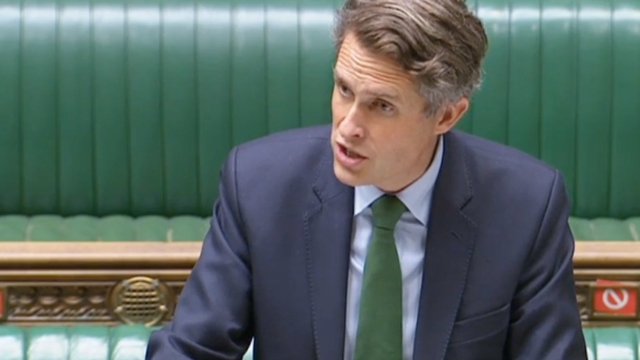University funding cuts: Music, dance, and performing arts are among the courses selected to have their subsidies reduced.
Plans for the cut sparked a fierce backlash from the UK’s creative sector, with leading figures in the arts such as Andrew Lloyd-Webber, Bernadine Evaristo, and Jarvis Cocker publicly opposing the cut.
University art courses in England will have their funding slashed because they are no longer considered “strategic priorities.”
Several “high-cost” subjects that currently receive extra funding from the government to supplement student course fees will have their subsidies cut in half. The subsidy for music, dance, performing arts, art, and design, and media studies will be reduced from £243 per full-time student per year in 2020-21 to £121.50.
Other high-cost subjects, such as medicine, nursing, dentistry, and science courses, will be protected. While archaeology was originally scheduled for a cut, Education Secretary Gavin Williamson intervened to save it. The arts cut is part of a broader move by the government to reduce support for courses deemed by ministers to produce poorer job outcomes for graduates while encouraging more students to study science, technology, engineering, and maths (Stem).
Mr. Williamson wrote in a blog for ConservativeHome last month that an increase in the number of students studying science and engineering at university demonstrated that students were “starting to pivot away from dead-end courses that leave young people with nothing but debt.”
However, plans for the cut sparked a fierce backlash from the UK’s creative sector, with leading figures in the arts such as Andrew Lloyd-Webber, Bernadine Evaristo, and Jarvis Cocker publicly opposing the cut. The director of Public Campaign for the Arts, Jack Gamble, told me that the “unprecedented” number of responses received by the OfS in its consultation on the issue indicated that Mr. Williamson should reconsider the cut.
The University and College Union referred to it as an “act of vandalism.” “This drastic cut to creative arts funding is one of the biggest attacks on arts and entertainment in English universities in living memory,” said Dr. Jo Grady, general secretary of the UCU.
“It will be hugely damaging for access, creating geographical cold spots as many courses become unviable – including at institutions in the capital where London weighting funding is being removed.
“The universities most vulnerable are those with a higher number of less well-off students and it is unconscionable to deny them the chance to study subjects like art, drama, and music.”
When other funding sources, such as student course fees, were considered, the OfS defended the move, claiming that it amounted to a total cut of around 1%. The watchdog also announced an increase in funding for specialist institutions, including several performing and creative arts institutions, from £10 million to £53 million.
“We need to ensure that Government support is best aligned with the needs and priorities of the nation,” said a spokesperson for the Department of Education. These are aimed at recovering more quickly from the pandemic and promoting economic recovery and growth.”
Nolan Smith, director of resources and finance at the OfS, said: “We will continue to work with government and others to ensure our funding continues to make a positive impact across the higher education sector.”




